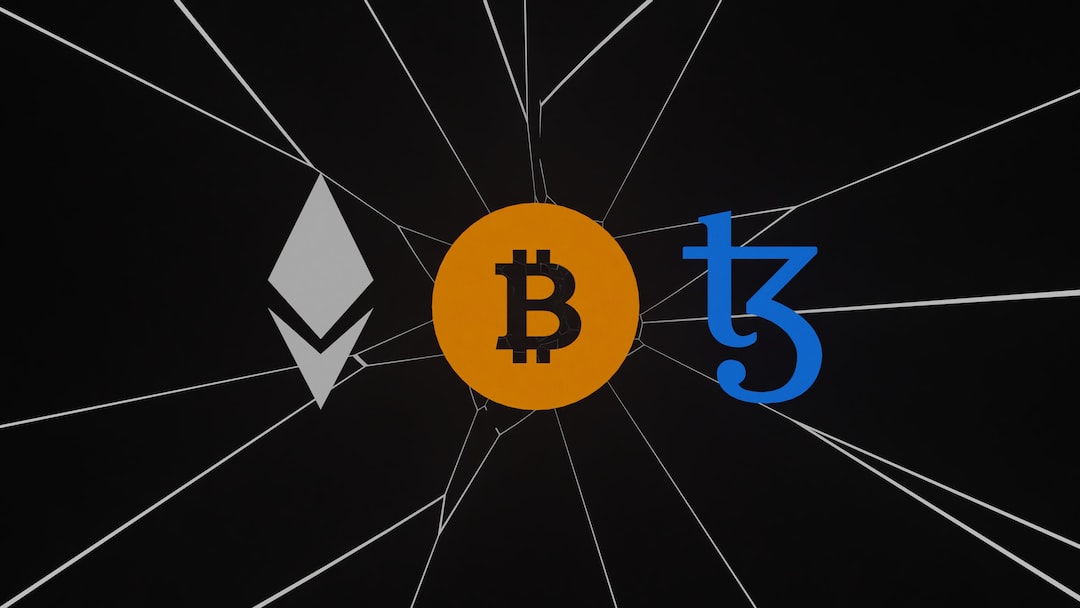Coin Center Loses Case Against U.S. Treasury Over Tornado Cash Sanctions
Coin Center, a blockchain advocacy firm, has been unsuccessful in its legal battle against the U.S. Treasury following the imposition of sanctions on Tornado Cash, an Ethereum-based mixing service. The U.S. district court ruled that the Office of Foreign Assets Control (OFAC) did not exceed its authority under the International Emergency Economic Powers Act (IEEPA), which grants the U.S. President the power to regulate transactions involving any property. Coin Center’s argument that the sanctions violated the First Amendment was also rejected by the court. The ruling has disappointed Coin Center, and the organization intends to appeal.
U.S. Treasury Imposes Sanctions on Tornado Cash
The U.S. Treasury sanctioned Tornado Cash, alleging that the mixing service facilitated money laundering activities connected to North Korea’s Lazarus Group. Although Tornado Cash presents itself as a tool for financial privacy, the U.S. Treasury claims that it enabled illegal transactions and facilitated the laundering of $445 million stolen by Lazarus Group. The developers of Tornado Cash, Roman Storm and Roman Semenov, were indicted for their involvement in laundering over $1 billion. Storm has since been arrested.
Argument Over Money Transmission vs Software Development
Peter Van Valkenburgh, Research Director at Coin Center, argued that OFAC’s case revolves around distinguishing between money transmission and software development or communication services. He emphasized that individuals have the right to create and publish software in the United States, and FinCEN guidelines state that anonymizing software providers are not considered money transmitters. Valkenburgh believes that Semenov and Storm’s activities align with this exemption, suggesting they should not be classified as money transmitters.
Hot Take: Upholding Sanctions on Tornado Cash Raises Concerns for Blockchain Advocacy
The ruling against Coin Center and the continued enforcement of sanctions on Tornado Cash raise concerns for blockchain advocacy. The decision reinforces the authority of the U.S. Treasury to regulate transactions involving cryptocurrencies and blockchain technologies. It also highlights the challenges faced by privacy-focused services in navigating regulatory frameworks. As the crypto industry continues to evolve, it is crucial for organizations like Coin Center to advocate for clear guidelines that balance financial privacy with compliance and security concerns. The outcome of this case will likely have implications for future debates surrounding the regulation of decentralized technologies.
Noah Rypton stands as an enigmatic fusion of crypto analyst, relentless researcher, and editorial virtuoso, illuminating the uncharted corridors of cryptocurrency. His odyssey through the crypto realms reveals intricate tapestries of digital assets, resonating harmoniously with seekers of all stripes. Noah’s ability to unfurl the labyrinthine nuances of crypto intricacies is elegantly interwoven with his editorial finesse, transmuting complexity into an engaging symphony of comprehension.

